STEM Updates
Intel ends sponsorship of STS
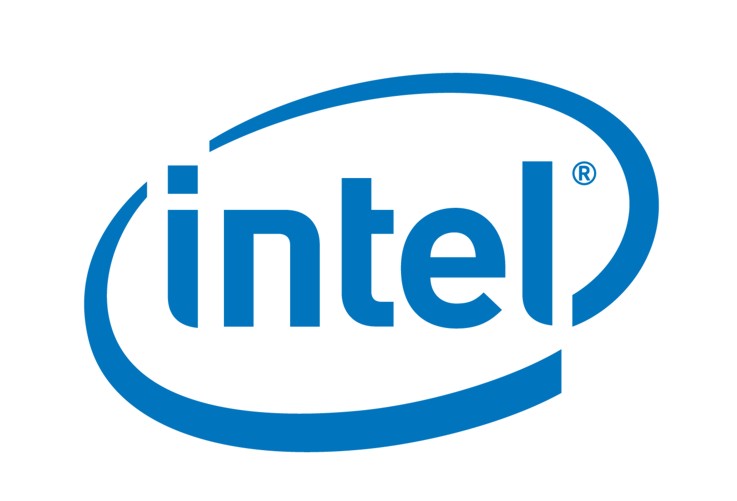
Intel will end its sponsorship of the Science Talent Search (STS) competition after the 2016-2017 school year, which marks the termination of its 20-year contract.
The Society for Science and the Public will continue to host the competition.
Intel STS is a national, annual science research competition for high school seniors conducting individual research projects. Eight STS finalists later won a Nobel Prize, and two went on to receive the Fields Medal, an award for mathematics.
Harker students have been participating in Intel STS since the 2005-2006 school year, in which Yi Sun (‘06) became a finalist and placed second overall.
“I think it’s great that Intel has been able to sponsor the program for as long as it did. Obviously it’s too bad that they decided to stop,” Sun said. “[The program is] so beneficial to high school students that probably someone else will step in–maybe one of the larger tech companies–and pick up the sponsorship.”
Anita Chetty, Science Department Chair, believes that a new entity will sponsor the competition and that the change will not affect the quality of research.
“I think that for Harker and for the country [STS] inspired a generation of young people to engage in scientific research,” she said. “I will be very surprised if another corporation doesn’t step forward. I think that this is far too important for the country.”
Senior Esther Wang conducted a research project over the summer in which she looked at photoproducts from irradiated vitamin D. She recently submitted to the Siemens Competition in Math, Science and Technology.
“I think Harker kids are resourceful enough in that they’ll find other competitions, and I’m kind of optimistic that there will be another corporation that will take over the sponsorship of the competition [because] it’s so prestigious,” she said. “I think Harker kids will be able to continue doing research–not for winning competitions, but for just loving research.”
Harker has had 66 semifinalists and nine finalists in STS in the past 10 years.
Last year, 15 seniors were named semifinalists, the largest number from any school in the nation. Three, Andrew Jin (‘15), Steven Wang (‘15) and Rohith Kuditipudi (‘15), later became national finalists, breaking a school record. Jin won one of three first place awards, which included a $150,000 prize.
Sun commented on how his experience with STS has affected his life after high school.
“We were shown a lot about how to present science in a public setting,” he said. “The things I took away from it were not what I expected. One of the biggest things was that was able to meet the other students competing in the competition. I’m still in touch with a lot of them today.”
Project applications are due each year in November. STS releases a list of 300 semifinalists in early January and announces 40 finalists in late January and the top nine winners at a gala in Washington D.C. on March 16, 2016. Multiple doctoral scientists, mathematicians and engineers review each application to determine the semifinalists and finalists.
Starting in the 2015 competition, STS changed its award configuration. In previous years, STS announced one top winner and a top 10 list, and the competition separates the winners into three categories with a first, second and third place winner in each. The three categories are “Basic Research,” “Global Good” and “Innovation.” First place winners receive $150,000, second place $75,000 and third place $35,000.
“The new awards systems are probably better tailored to the students, and I think each student can win more money,” Samali said. “I think it’s good because it’s more specialized.”
Applications for Intel STS 2016 are due Nov. 15 at 5 p.m.
Nobel prizes awarded
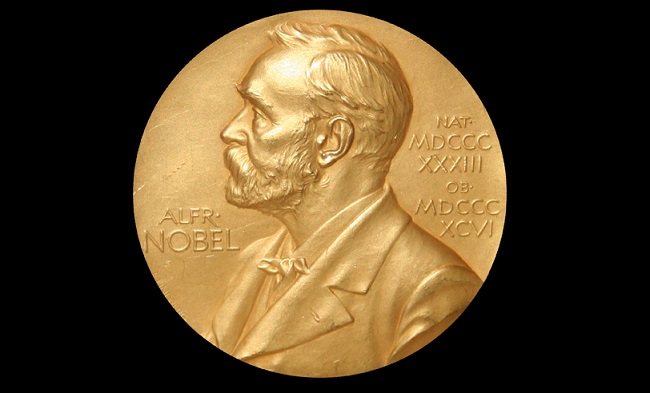
The Nobel Foundation awarded the Nobel prizes for Medicine, Chemistry, Peace, Economic Sciences, Literature, and Physics last week, inducting this year’s Laureates into a long list of influential academics.
Three researchers, Dr. William C. Campbell, Dr. Satoshi Ōmura, and Dr. Youyou Tu received the prizes for Medicine this year for their discovery of unique therapies, while Dr. Tomas Lindahl, Dr. Paul Modrich and Dr. Aziz Sancar received the prize in Chemistry for studying DNA repair.
The Tunisian National Dialogue Quartet was awarded the Peace prize for aiding the rebuilding of Tunisia as a democracy and preventing civil war. Angus Deaton was awarded the prize for Economic Science this year.
Investigative journalist Svetlana Alexievich received the prize in Literature, for writing about modern-day suffering through interview-based documentaries. Dr. Takaaki Kajita and Dr. Arthur B. McDonald jointly received the prize in Physics, for their work on investigating one of the most fundamental subatomic particles in the universe, neutrinos.
Since its establishment, the Nobel Foundation has awarded winners with a gold medal and monetary prizes. This year the accolade is set at about $950,000.
Facebook adds reaction emoticons
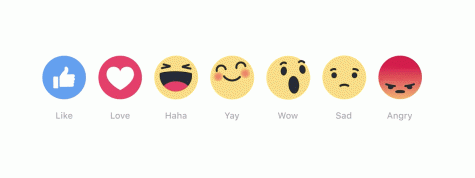
Facebook released a series of new buttons to be tested on Oct. 8 that replace the controversial “dislike” button .
Instead of having only a “like” and “dislike” button, facebook has created a series of “reaction” buttons that appear after holding down the like button. The reactions have the traditional like and love buttons, but also several new emotions: haha, yay, wow, sad and angry. Facebook hopes that this will allow users to better express their reaction to posts where a traditional “like” may feel inappropriate.
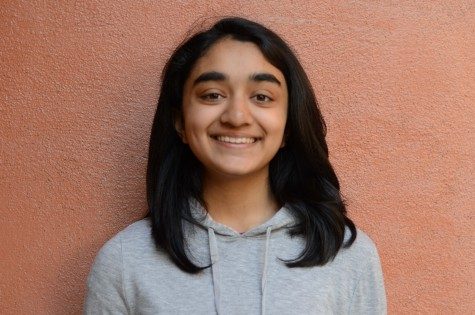
Sahana Srinivasan (12) is the Editor-in-Chief of the Winged Post and Wingspan, having previously served as Managing Editor, Asst. STEM Editor and a reporter....
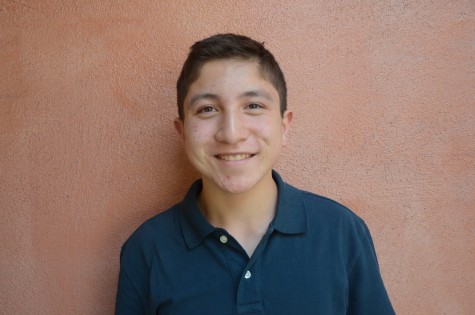
Zachary Hoffman (9) is a reporter for the Winged Post. Since first grade he has attended Harker, and he looks forward to writing about school-wide events....
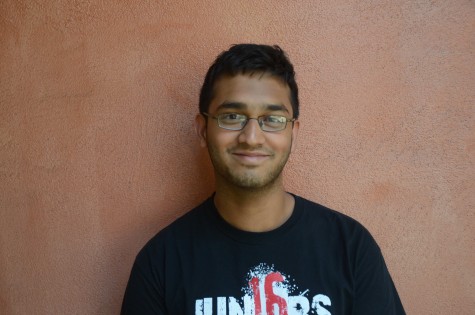
Vineet Kosaraju (12) is the STEM Editor for both Harker Aquila and Winged Post. He is a senior and has been part of the journalism program for the past...
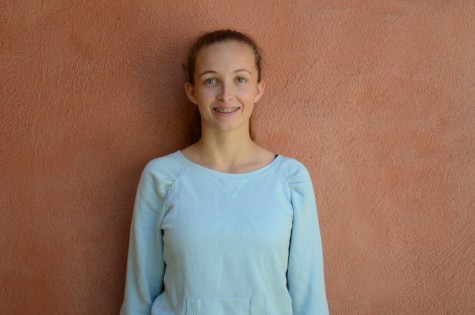
Lauren Russell (10) is a reporter in her second year on staff for the Winged Post. After joining the staff for freshman year, she looks forward to continuing...


















![“[Building nerf blasters] became this outlet of creativity for me that hasn't been matched by anything else. The process [of] making a build complete to your desire is such a painstakingly difficult process, but I've had to learn from [the skills needed from] soldering to proper painting. There's so many different options for everything, if you think about it, it exists. The best part is [that] if it doesn't exist, you can build it yourself," Ishaan Parate said.](https://harkeraquila.com/wp-content/uploads/2022/08/DSC_8149-900x604.jpg)




![“When I came into high school, I was ready to be a follower. But DECA was a game changer for me. It helped me overcome my fear of public speaking, and it's played such a major role in who I've become today. To be able to successfully lead a chapter of 150 students, an officer team and be one of the upperclassmen I once really admired is something I'm [really] proud of,” Anvitha Tummala ('21) said.](https://harkeraquila.com/wp-content/uploads/2021/07/Screen-Shot-2021-07-25-at-9.50.05-AM-900x594.png)







![“I think getting up in the morning and having a sense of purpose [is exciting]. I think without a certain amount of drive, life is kind of obsolete and mundane, and I think having that every single day is what makes each day unique and kind of makes life exciting,” Neymika Jain (12) said.](https://harkeraquila.com/wp-content/uploads/2017/06/Screen-Shot-2017-06-03-at-4.54.16-PM.png)








![“My slogan is ‘slow feet, don’t eat, and I’m hungry.’ You need to run fast to get where you are–you aren't going to get those championships if you aren't fast,” Angel Cervantes (12) said. “I want to do well in school on my tests and in track and win championships for my team. I live by that, [and] I can do that anywhere: in the classroom or on the field.”](https://harkeraquila.com/wp-content/uploads/2018/06/DSC5146-900x601.jpg)
![“[Volleyball has] taught me how to fall correctly, and another thing it taught is that you don’t have to be the best at something to be good at it. If you just hit the ball in a smart way, then it still scores points and you’re good at it. You could be a background player and still make a much bigger impact on the team than you would think,” Anya Gert (’20) said.](https://harkeraquila.com/wp-content/uploads/2020/06/AnnaGert_JinTuan_HoHPhotoEdited-600x900.jpeg)

![“I'm not nearly there yet, but [my confidence has] definitely been getting better since I was pretty shy and timid coming into Harker my freshman year. I know that there's a lot of people that are really confident in what they do, and I really admire them. Everyone's so driven and that has really pushed me to kind of try to find my own place in high school and be more confident,” Alyssa Huang (’20) said.](https://harkeraquila.com/wp-content/uploads/2020/06/AlyssaHuang_EmilyChen_HoHPhoto-900x749.jpeg)


